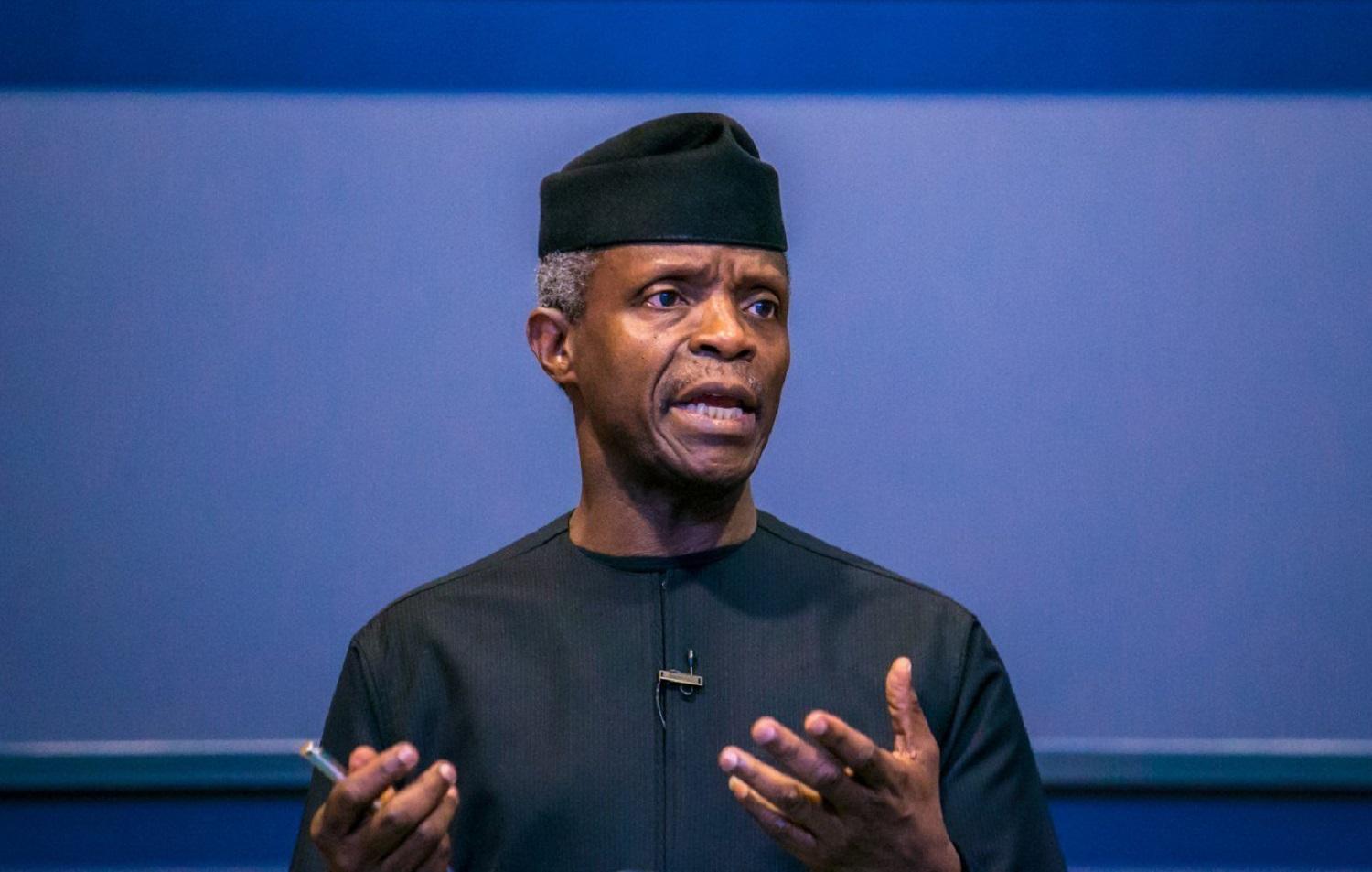Vice-President Yemi Osinbajo has condemned state governments that impose illegal fees, taxes and levies on licensed mining companies, warning that such actions serve as disincentive to prospective investors in the sector and jeopardise the Federal Government’s efforts to deepen the mining industry.
Osinbajo said this on Thursday in his address at the maiden edition of the strategic engagement on sustainable mining titled: ‘Resurrecting our Buried Prosperity’.
The Senior Special Assistant to the Vice-President on Media and Publicity, Laolu Akande, disclosed this in a statement titled: ‘Govts, Communities Collaboration will be a Game-changer for Nigeria’s Mining Sector’.
The Vice-President said, “Some state governments, in a bid to shore up their revenues, impose illegal fees, taxes, and levies on foreign and local licensed mining companies and operators.
“Enforcement of these taxes often leads to the frequent arrests and harassment of licensed miners and their workers, and closures of mining sites. This happens frequently.
“Regrettably, such actions by state governments constitute a major disincentive to prospective investors in the sector and invariably jeopardise the efforts of the government to deepen the mining industry in Nigeria.
“There is no way this will ever benefit the majority of our people.”
He also lamented the spate of insecurity in resource-rich communities as rival groups struggle to control access.
Osinbajo stated, “Then, there are the huge security concerns that always develop in the struggle for the control of mineral resources in poorly regulated, unregulated, or ungoverned spaces.
“Almost invariably, these situations lead to criminal activities and particularly, the proliferation of weapons and armed groups. This is true historically and more evident now.”
This, he said, necessitated the strategic cooperation between the Federal Government, states and resource-rich communities.
“It is for these reasons that this strategic engagement with the leadership of the 774 local governments is critical,” he noted.
Copyright PUNCH.






